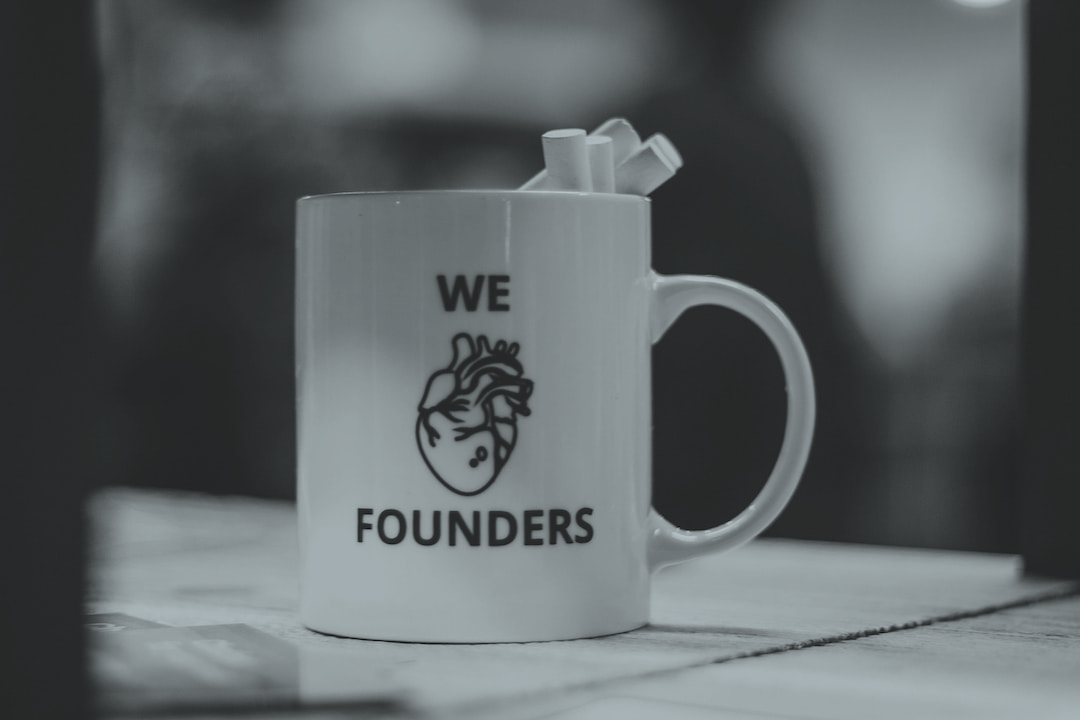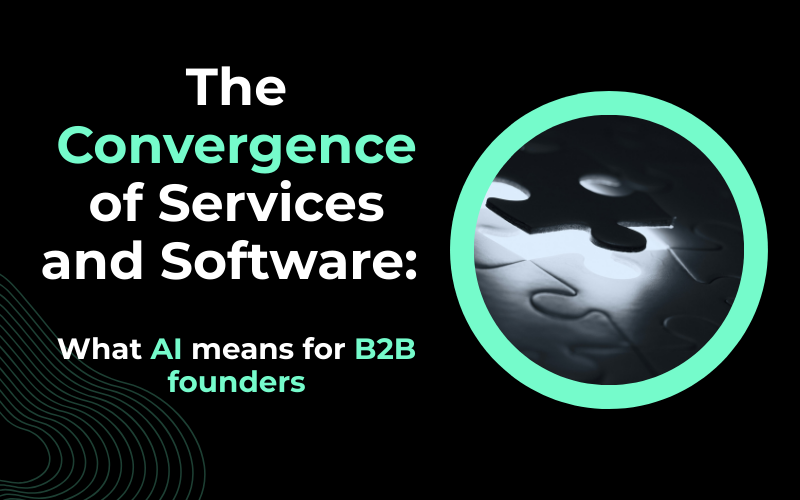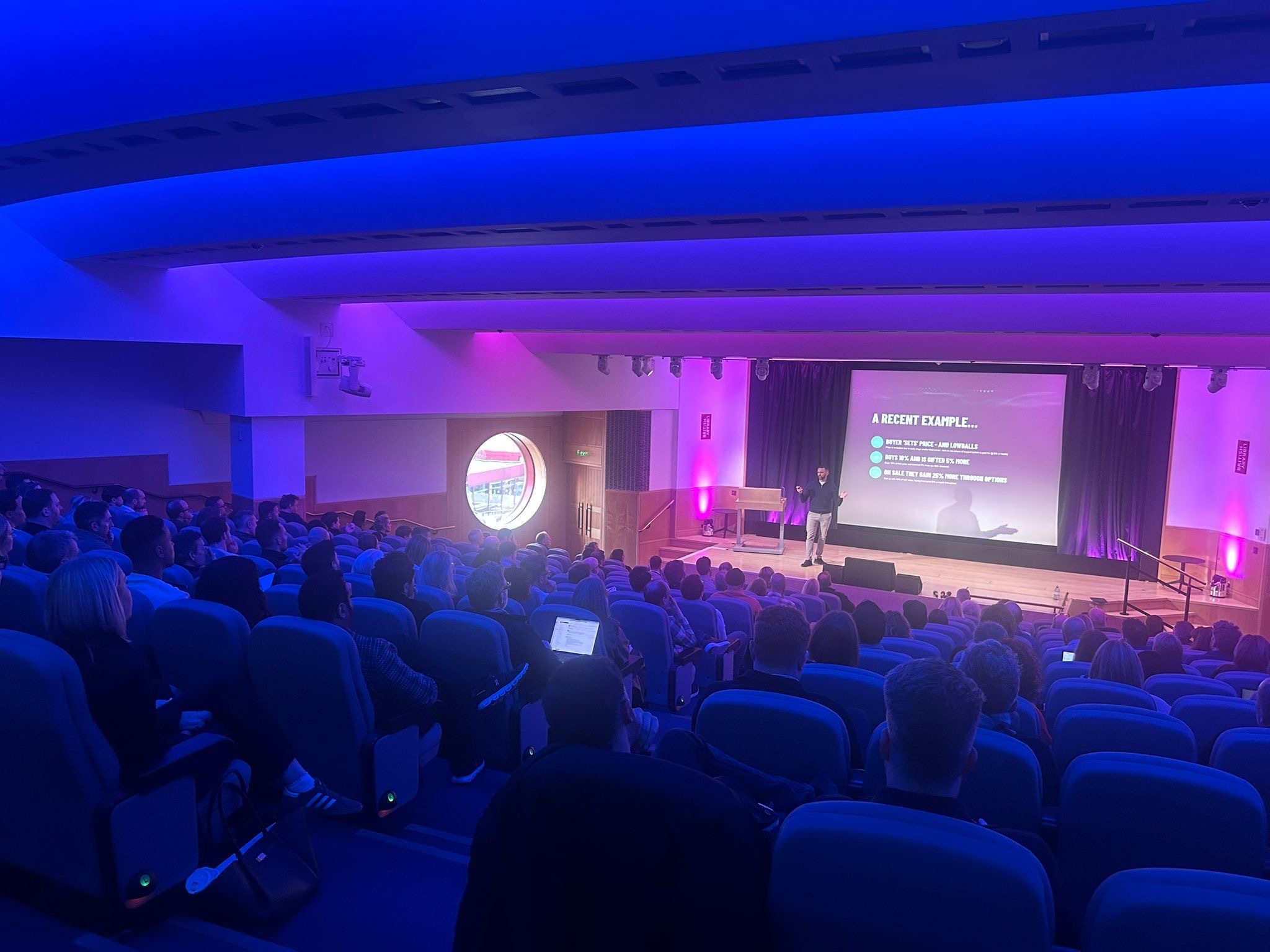Want to know what REALLY makes the biggest difference between start-up and scale up success and failure? How to give your early-stage agency or SaaS business has the best possible chance of takeoff?
Well, in what is a world first, a team of specialist researchers has spent the last two years uncovering just that; discovering that it is the personality makeup of the founding team that makes the most difference when it comes to scaling.
Having analyzed more than 21,000 early-stage businesses here is the seven top takeaway worthy of consideration for anyone building their senior team for the first time…
1. Founder Personality Traits and Success
Start-up founders possess distinct personality traits that significantly contribute to the ultimate success of their companies. Traits such as openness to adventure, a penchant for variety and novelty, lower levels of modesty, and higher activity levels are found to be prevalent among successful entrepreneurs. This challenges the notion that start-up success is solely dependent on external factors like industry trends or location, suggesting that the internal dynamics of the founding team play a pivotal role.
2. FOALED Model: Unveiling Six Founder Personality Types
Diving deeper into the intricate world of founder personalities, the researchers identified six distinct types: Accomplishers, Leaders, Fighters, Engineers, Developers, and Operators (FOALED). Each type reflects a unique combination of personality traits, highlighting the diverse approaches entrepreneurs bring to the start-up landscape. Understanding these personality types becomes crucial for assembling effective and complementary founding teams.

3. The Power of Diversity: Larger, Personality-Diverse Teams Thrive
One of the study’s standout findings underscores the importance of team diversity in terms of personalities. Larger start-up teams with a mix of personality types are shown to have a higher likelihood of success. This challenges the traditional view that homogenous teams may be more cohesive, suggesting that the richness of diverse personalities contributes to a start-up’s ability to navigate challenges and adapt to changing circumstances.
4. Ensemble Effect: Why Team Combinations Matter
Beyond individual traits, the study introduces the concept of an ensemble effect — the idea that the combined personality characteristics of a founding team impact success. Certain combinations of trio-founder teams’ standout, with teams featuring a Leader and two Developers, an Operator and two Developers, or an Expert/Engineer, Leader, and Developer showing more than double the likelihood of success. This highlights the synergies created when diverse personalities come together to drive a start-up forward.
5. Practical Implications for the Start-up Ecosystem
The implications of this research are far-reaching for the start-up ecosystem. Investors, incubators, and aspiring entrepreneurs can leverage these findings to build more resilient and successful ventures. Understanding the FOALED model provides a roadmap for assembling teams with a strategic mix of personality types, potentially enhancing a start-up’s adaptability and problem-solving capabilities.
6. Beyond Funding: Personality-Driven Success Metrics
While funding remains a critical factor for start-ups, the study also underscored the need to go beyond financial metrics in evaluating potential success. Investors adopting a talent-centric approach, prioritizing the personalities and diversity within founding teams, may find themselves better positioned to identify ventures with the potential for sustained success.
7. Challenges and Opportunities Ahead
While the study provides valuable insights, it’s not without its challenges. The dynamic nature of entrepreneurship and the ever-evolving start-up landscape mean that adaptability remains crucial. Additionally, further research is needed to delve into the interplay between personality types and specific industry contexts.



